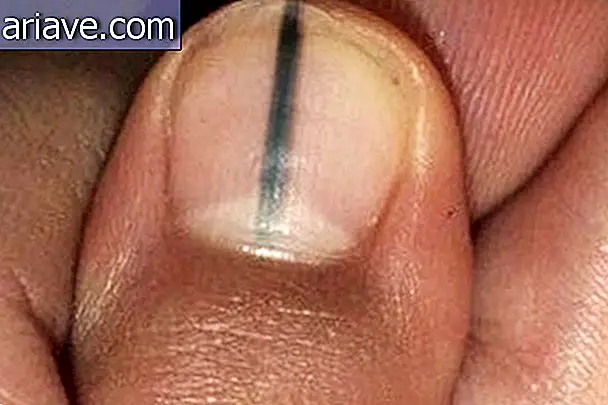Zika Virus May Become a Valuable Weapon in Brain Cancer Treatment
The Zika virus epidemic haunted Brazil in 2016 and continues to cause much concern now that it has mutated and become more resilient. But researchers are trying to find a very good use for this little bastard, and unexpectedly it can be good for fighting brain cancer!
One of the best known effects of zika is the microcephaly of babies still in gestation. This is because it attacks the abundant stem cells in the fetal brain, causing deformities in the child's formation. This same feature is being analyzed for use in adults, but as a form of treatment.
Adults have far fewer cells of this type in the brain than babies still in the womb, so the neurological effects are different and not as severe when the person gets infected. It turns out that many types of brain cancer, such as gliobastoma multiforme, for example, appear due to a change in the behavior of these stem cells, which are often very resistant to radiation or chemotherapy.

In lab tests on slides, the Zika virus attacked the stem cells that originate gliobastoma without interfering too aggressively with other brain cells. After that, the tests were done on mice with very promising results: those with the disease died within 1 month, but that time doubled in almost half of the Zika virus treated animals.
The idea is that the tests continue and happen in humans. For this, it will be necessary to genetically modify the virus so that it is not aggressive and dangerous to health as it currently is. Thus, we can expect it to have only the expected effect, which is to destroy the disordered reproduction of tumor cells and thereby increase the life expectancy of carriers.











